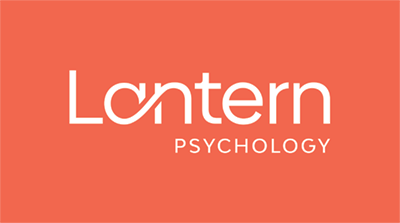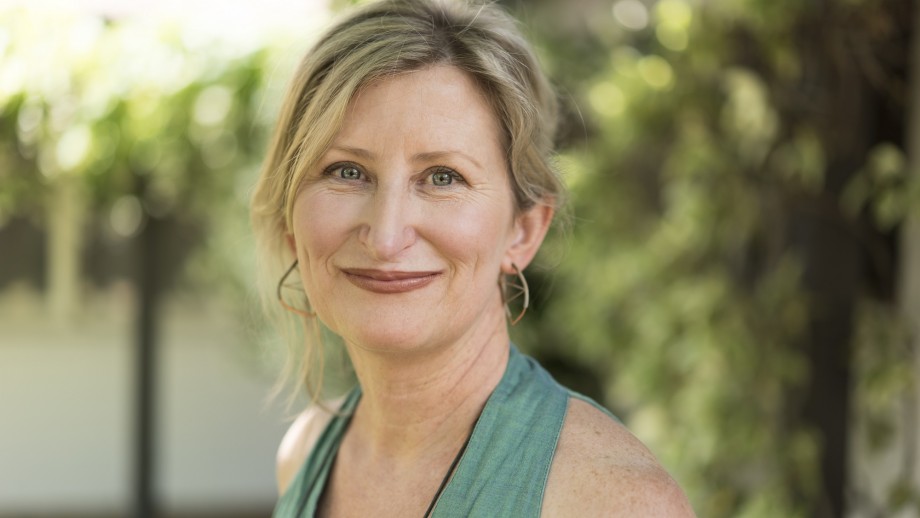Alison is a registered clinical psychologist and board-approved supervisor with a PhD in Clinical Psychology from the Australian National University.
Alison approaches therapy with flexibility, warmth and humour and collaborates with her clients to try to identify the best approach to address their particular issues and work toward their goals.
Alison’s approach is client-centred informed by mindfulness and meditation practices and neuroscience and she draws on her training in evidence-based therapeutic approaches including Acceptance and Commitment Therapy (ACT), Internal Family Systems (IFS) therapy (Level 2 Training), Eye Movement Desensitization and Reprocessing (EMDR), Attachment-Informed EMDR and Cognitive Behavioural Therapy (CBT),
Alison’s key areas of experience are in complex PTSD (adults with a history of childhood abuse or neglect), PTSD, anxiety-based issues, phobias, PTSD and issues related to personal meaning, faith and spiritual or religious experience.
Alison also enjoys working with other psychologists and therapists (and their parts) using Internal Family Systems therapy.
Alison also brings a wealth of life experience to her role as a psychologist. Prior to retraining as a psychologist, she worked as a newspaper journalist, TV producer, media manager and e-learning instructional designer. She spent a year living in a Buddhist monastery and learning meditation, which led to her interest in psychology. She is also attempting to be a good (enough) mother, wife, sister, daughter, aunt and friend and carer for her wonderful Groodle, Huckleberry. She is a reader, learner of Italian/guitar, plays tennis and loves to travel the world whenever possible.

